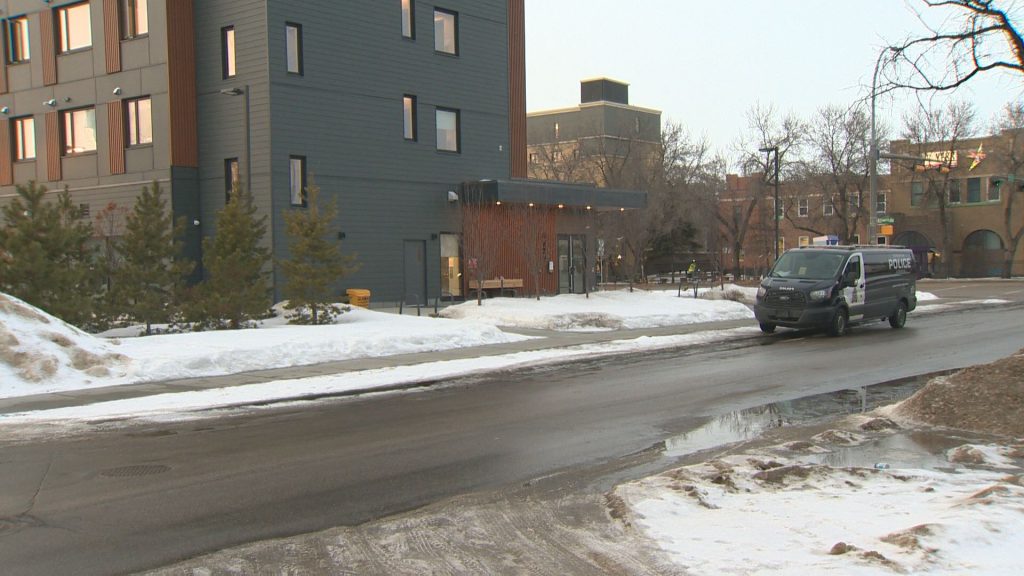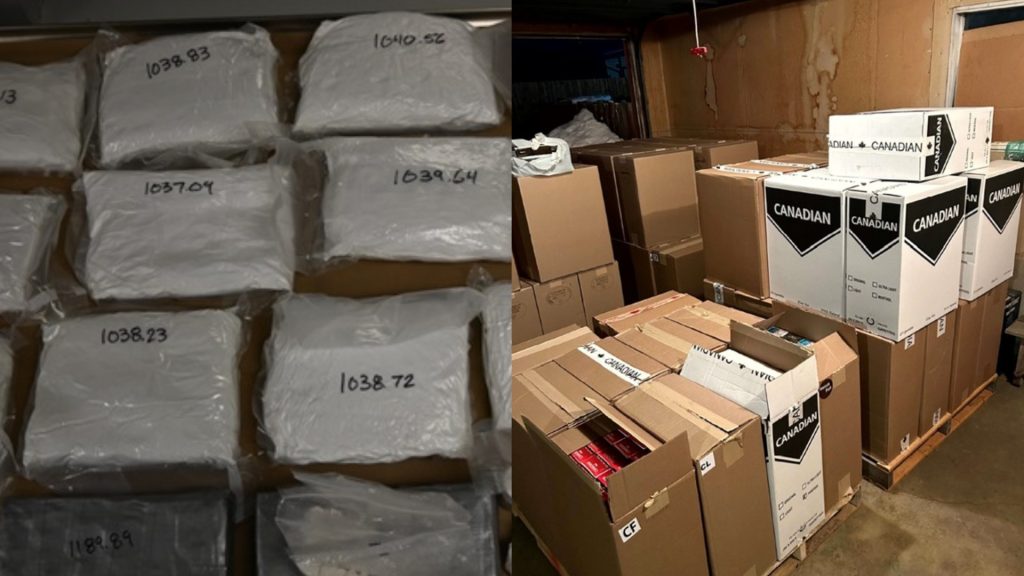Supply chains cut off by B.C. floods could impact Canadians at grocery stores
Posted November 16, 2021 5:09 pm.
Roads have been washed out and rail lines halted, as mother nature blocks ground access to Vancouver — and with it, Canada’s busiest port. Intensifying ongoing supply chain issues.
“We were just beginning to see some letting up of this congestion in Vancouver by September, congestions were still there but we began to clear off some of the backlogs. Now, this is going to create another backlog,” said Edy Wong, Ph.D., Associate Dean International at the Alberta School of Business.
“I think from a supply chain perspective… the comment I would have is, when it rains it pours.”
“It’s bad news on top of bad news,” added Manus Johnny Rungtusanatham, Canada Research Chair in Supply Chain Management, Professor, Schulich School of Business, York University.
The closures mean it could impact the wallets of Canadians as they hit grocery stores. Supplies from California, or even Canadian-grown produce in the lower-mainland, need to find other ways to spread across the country.
“I don’t expect any immediate food crisis, at the crisis level, for that, we are going to stick it out and run out of any kind of food option. It’s just that, maybe in the past we had way too many options,” explained Feyza G. Sahinyazan, Assistant Professor of Technology and Operations Management at Simon Fraser University.
As Canadians learn to deal with the side effects, prices could continue to increase if we are airlifting more goods, leading to food insecurity.
“Butter, bacon, meat, we see sharp price increase because of, again, the climate change side effects. Like the droughts, floods, wildfires,” explained Sahinyazan.
And with items on people’s holiday wish list on shipping containers unable to offload, the Canada research chair in supply chain management says it’s not as simple as sending them to another port. All ports are already backed up from shipping delays.
For shoppers, a warning against hoarding items.
“It creates its own shortages. And those shocks actually make it worse, because now it’s adding on to the problem,” said Rungtusanatham.
And western Canadian producers are likely to be hit with a delay in shipping things like grain and even oil to market. Adding to a year of global insecurity in the supply chain, highlighting the interconnection.
“Like the shortage of glass in western Canada, part of that has to do with the fact Manitoba could not ship the sand to China. So the resources going the other way is being affected as well,” added Wong.








